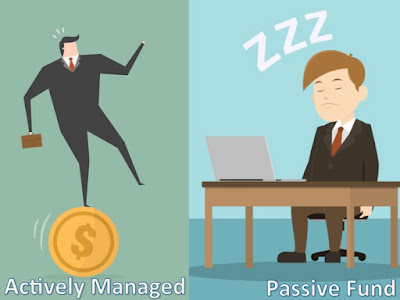Actual Question:
Should I continue investing in
Franklin smaller companies and an L&T midcap fund? How are these 2 funds
for long-term investment?
I am 22 years old and currently I am investing in these funds
through SIP ₹4000 each. And by long term I mean 10–15 years. Also if you
can suggest some more funds to add in my portfolio since I can spare an
additional ₹3000 SIP.
Answer:
Dear
Friend!
I
am sorry, I should point out two discrepancies in your present investment
strategy:
Investing in small-cap and mid-cap
companies.
It seems that you are investing in
costly, actively managed mutual funds.
Small and Mid-Cap companies:
One
should always invest in companies that are large. Why?
- In the first place, Large companies have become to that stature because they have some inherent strengths/ advantages.
- They can attract financial resources, when required, at competitive rates to implement major expansions, technological up-gradations, etc.
- They have the resilience to recover from major mistake in case they happen to make a few.
- At times of a market meltdown large and mid sized comapnies bear the maximum brunt. Large companies though affected escape with just bruises.
Costly, Actively Managed Funds:
Actively
managed funds are funds that undergo frequent changes by buying new stocks and
selling existing ones, with an purported aim of maximising returns. However
history proves otherwise. The fund management fee charged for active funds
ranges between 3–4% per annum. You can imagine the total fees charged by the
fund over an investing period of 15 to 20 years!
Investor
in mutual funds will benefit by investing in well diversified, low cost index
mutual funds or exchange traded funds. The fund management fees for such passive
funds are below 0.5% per annum.
Your Particular Situation:
Finally
coming to your personal investment situation, I suggest that you stop your
existing SIPs and start a SIP of:
Please
note that I have not recommended the above based on any returns or performance
but simply because:
- They are low cost, exchange traded funds.
- The fund are operated by large financial institutions that you can expect to be in business for the next 100 years
- They are composed of the Top 100 Indian companies.
Suggested
Further Reading:
- Types of Mutual Funds
- How to Choose the Right Mutual Fund to Invest?
- What is an Exchange Traded Fund?
Thank
you,
With
Best Regards
Anand





